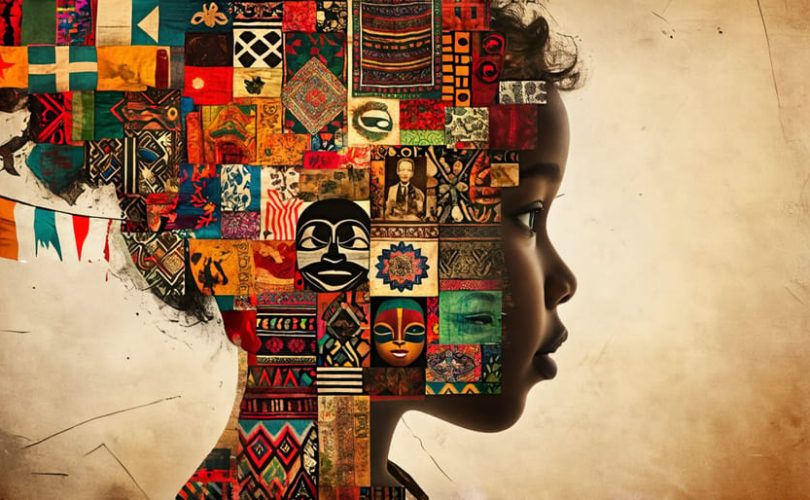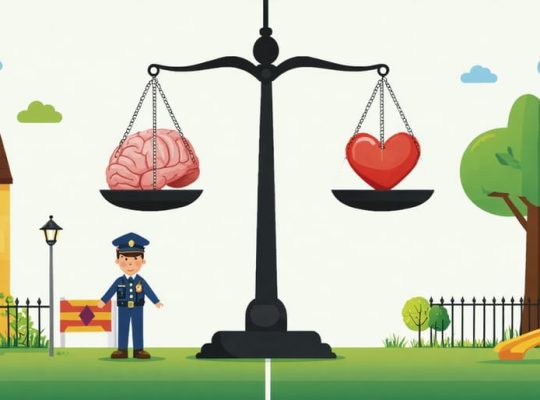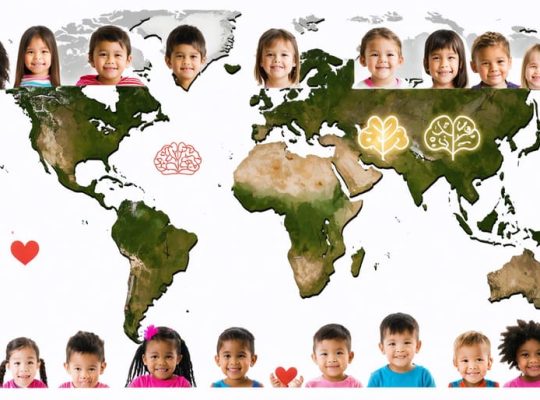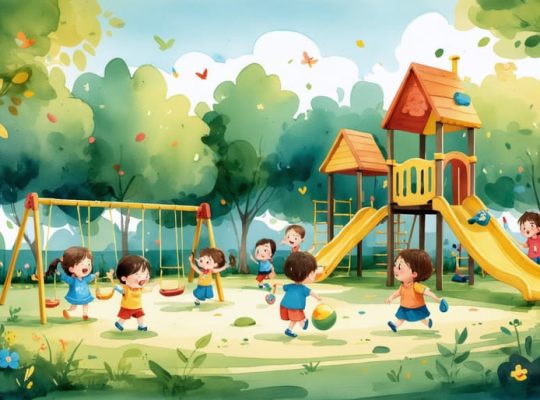Our culture shapes our mental and emotional well-being in profound ways, often without us even realizing it. From the moment we’re born, we’re immersed in a complex tapestry of beliefs, values, traditions, and social norms that mold our sense of self, our relationships, and our coping mechanisms. This cultural context can either nurture or hinder our psychological growth, depending on how well it aligns with our innate needs and challenges. By understanding the intricate interplay between culture and mental health, we can cultivate greater self-awareness, empathy, and resilience in the face of life’s struggles. In this article, we’ll explore the myriad ways our cultural background influences our inner world and discover strategies for fostering a healthy, authentic sense of self in an increasingly diverse society.

Cultural Norms and Expectations
The Role of Family Dynamics
Family dynamics, shaped by cultural values and norms, play a crucial role in a child’s mental and emotional development. The way family members interact, communicate, and express emotions can vary greatly across cultures, influencing a child’s sense of self, relationships, and coping mechanisms. In some cultures, open communication and emotional expression are encouraged, fostering a supportive environment for mental well-being. However, in others, emotions may be suppressed or stigmatized, leading to feelings of isolation and distress. Family dynamics also encompass parenting styles, which are deeply rooted in cultural beliefs. Authoritarian, permissive, or authoritative approaches to parenting can impact a child’s self-esteem, autonomy, and emotional regulation differently. Moreover, cultural expectations surrounding family roles, such as gender norms and filial piety, can shape a child’s identity and mental health. When these expectations are rigid or conflicting with individual desires, it can lead to stress and inner turmoil. By understanding how culture influences family dynamics, we can better support children in developing healthy relationships, effective communication skills, and resilience in the face of cultural challenges. Promoting open dialogue, empathy, and flexibility within families can create a nurturing environment that fosters positive mental health outcomes for children across diverse cultural backgrounds.
Stigma and Mental Health
Cultural stigma surrounding mental health issues can have a profound impact on children’s well-being, preventing them from receiving the support and treatment they need. In many cultures, mental illness is viewed as a sign of weakness, shame, or even supernatural causes, leading to discrimination and ostracism. Children who struggle with mental health challenges may feel isolated, misunderstood, and reluctant to seek help due to fear of judgment or rejection. This stigma around mental illness can also make parents hesitant to acknowledge their child’s difficulties or seek professional assistance, as they may worry about the social repercussions for their family. To break down these barriers, it’s crucial to promote open, honest conversations about mental health within families and communities. By educating people about the realities of mental illness, dispelling myths, and highlighting the importance of early intervention, we can create a more supportive and understanding environment for children facing these challenges. Ultimately, by working together to shatter the stigma, we can ensure that every child has access to the care and resources they need to thrive emotionally and mentally.
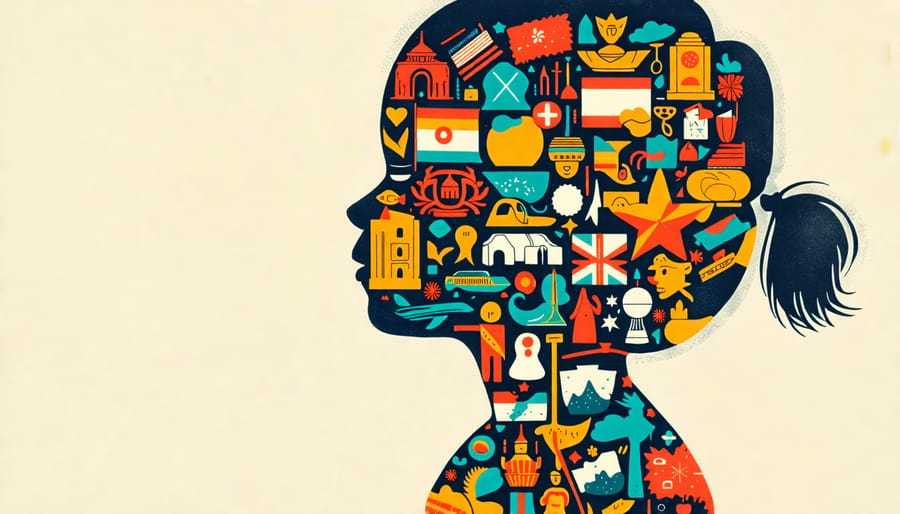
Identity Formation and Self-Esteem
Navigating Multiple Cultures
Growing up navigating multiple cultural identities can be a complex and sometimes challenging experience for children. They may feel caught between different cultural norms, expectations, and values at home, school, and in their communities. This balancing act can lead to feelings of confusion, stress, and even a sense of not fully belonging in any one culture. Children may struggle with forming a cohesive identity and understanding where they fit in. They might also face discrimination or feel pressure to conform to certain cultural stereotypes. These experiences can take a toll on their self-esteem, relationships, and overall mental well-being.
However, with the right support and resources, navigating multiple cultures can also be a source of strength and resilience. It’s essential for parents, educators, and mental health professionals to validate these children’s experiences, foster open communication about cultural identity, and provide a safe space for them to explore and express their unique cultural selves. Encouraging children to embrace their multicultural heritage, connect with others who share similar experiences, and develop coping strategies can help them thrive. By promoting cultural pride, inclusivity, and understanding, we can empower children to see their diverse cultural backgrounds as an asset and support their mental and emotional well-being.
Promoting Cultural Awareness and Sensitivity
Culturally Responsive Mental Health Services
Providing culturally responsive mental health services is crucial for promoting the well-being of children from diverse backgrounds. Mental health professionals must be trained in cultural competence, understanding how cultural factors influence a child’s emotional development, support systems, and attitudes towards seeking help. By offering culturally competent mental health resources, healthcare providers can create a safe, inclusive space where children and families feel understood and validated.
This includes providing language-appropriate services, incorporating cultural traditions and beliefs into treatment plans, and collaborating with community leaders to reduce stigma surrounding mental health. Accessible, culturally sensitive resources can help bridge the gap in mental health disparities, ensuring that all children receive the support they need to thrive emotionally and mentally. By prioritizing cultural responsiveness in mental health care, we can foster a more inclusive, compassionate society that values the diverse experiences and needs of every child and family.

In conclusion, understanding the profound impact of culture on children’s mental health is crucial for fostering their well-being and resilience. By recognizing the unique cultural influences that shape a child’s identity, coping mechanisms, and support systems, we can develop more effective and compassionate approaches to addressing their mental health needs. It is essential for parents, teachers, and healthcare professionals to engage in ongoing learning and self-reflection, examining their own biases and striving to create inclusive, culturally sensitive environments where all children feel valued and understood.
As we move forward, let us commit to advocating for greater cultural competence in mental health services, education, and support systems. By amplifying diverse voices, challenging stigma, and promoting culturally informed practices, we can create a society that truly nurtures the mental and emotional well-being of all children. Together, we have the power to make a lasting difference in the lives of the young people we serve, ensuring that they have the tools, resources, and support they need to thrive, regardless of their cultural background. Let us embrace this responsibility with open hearts and minds, and work tirelessly to build a brighter, more inclusive future for every child.

